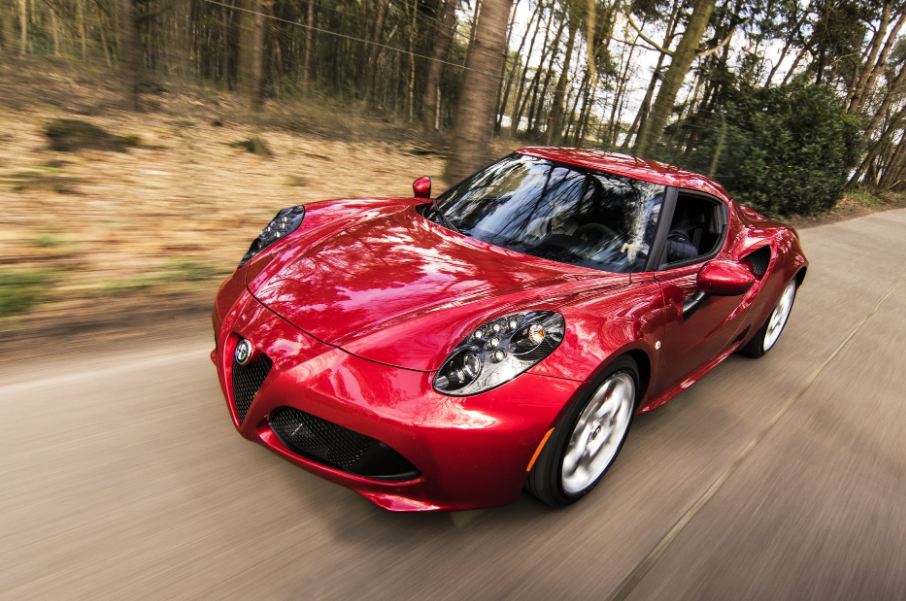A car is often considered an essential item in the modern world. However, even though it can be very helpful in your daily life, it can cause many problems when chosen incorrectly. A car can be too big or too small; it can often break, or require much petrol and maintenance. Making the right choice is essential if you want a vehicle that’ll suit you, not the other way round.
When you’re looking for a car, you should consider its type, size, and model, as all of them can have a significant impact on your life (and wallet). However, very often, you can’t afford to buy the vehicle that suits all your needs. Don’t worry, though – we’re here to help. Take a look at those 11 best tips for finding a perfect car, and make the right choice.
Know What You Need
Before stepping into a car dealership, you should know exactly what you need. If money isn’t an issue for you, you can always look at the most expensive cars available. However, if you’re on a budget, you’ll have to make some sacrifices. Think about what matters most for you – gas consumption, speed, comfort, safety, etc.
Research the Market
Once you’ve figured out what you’re looking for, it’s time to do some research. Check the internet for the best offers and prices, but also read car magazines and get tips from friends and relatives.
Set a Budget
After studying the market, it is time to set the budget for your car. It can be challenging to stick to an exact figure, but it’s better than going over it. Decide how much you can pay every month, and start looking for a car that will fit your budget and needs.
Choose the Best Dealership
There are many dealerships in major cities, but only a few of them sell high-quality vehicles at the right price. You can always visit them and check their cars, or their price lists in order to find the one that fits you the best.
Don’t Buy a Car in Haste
It can be hard to resist the temptation when you see a nice car that fits your needs perfectly, but it is better to be patient. Before making a final decision, think about it for a while and visit other dealerships too. It can be easy to fall in love with one particular car, but you should remember that the market is constantly changing.
Consider Safety
No matter the car, you always should carefully consider its safety features. Doing that may save your life if you often drive on a highway or busy streets. It’s a crucial step, especially if you’re buying a used vehicle. See if all airbags are in their place, the engine works appropriately, and that there aren’t any safety concerns.
Consider Comfort
If you never drive far or in the company of many people, comfort might not be that important to you. However, if you often drive long distances or with many people in your car, you should look for a spacious and comfortable vehicle.
Think About Fuel Consumption
Like we’ve already mentioned, fuel consumption is an essential factor. However, there are different types of engines, and some can be much more efficient than others. Your choice may also vary depending on where you live and how much you can spend on fuel. Once again, everything comes down to your budget.
Check the Engine
One of, if not the most important parts of any vehicle is the engine, and it should be checked thoroughly before buying. Poor quality or outdated engines can make the car break down frequently and even endanger your life. Before making a final decision, it is best to ask the seller about the engine’s history.
Consider Insurance
Insurance is an essential part of owning a car. You may think of it as a waste of money, especially if you don’t drive to often. However, as a rule of thumb, you should always get it. You never know what may happen, and lack of valid insurance can have severe consequences in the event of an accident.
Get Everything in Writing
Finally, before buying a car, all terms of sale should be written down. That is especially important if you make the purchase online. If that is the case, you should print all terms and conditions and have them signed before paying the seller. This way, there will be no problems later on.
Final Note
Buying a car is a significant investment itself. And let’s not forget about any additional costs that may come along the way, like insurance renewal or servicing. With all that in mind, you probably would like to avoid spending even more on repairs. That’s why picking the right car is the process you should approach with caution and patience.
Consider everything, including your budget, needs, fuel consumption, favorite brand, etc. Only by thinking carefully about your purchase, you’ll be able to pick a vehicle that’s both economical and reliable.

